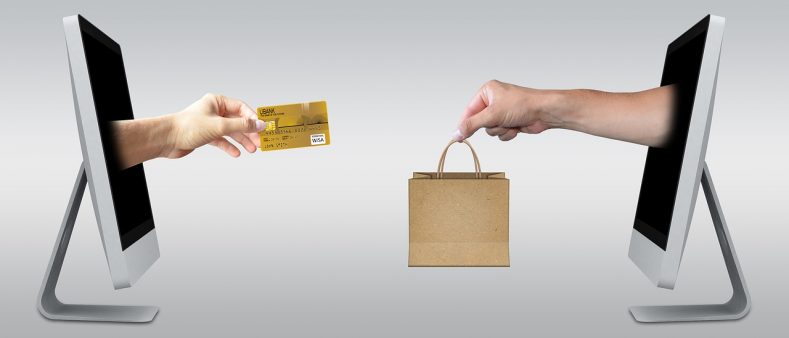E-commerce transactions: Tips to stay safe when shopping online

Today’s new-generation customer has all the luxuries. At the click of a button (or a touch, on a mobile phone), they can buy literally anything they want. The arrival of online marketplaces like Flipkart, Amazon and thousands of other similar websites means that the basic premise of going out of the house to buy something has become so old-fashioned. From fridges to laptops to basic household items, these e-commerce websites can deliver the entire world to you, often as early as within a day.
Of course, though, nothing comes for free. E-commerce websites certainly provide convenience but they bring their own dangers. If you are a customer, you should certainly not panic and completely stop shopping online. But it would be a good idea to practice some caution and keep the below tips in mind:
- Check the credibility of the website
Many people have tried to take advantage of the craze of e-commerce. But not all these websites might be the most credible. Sometimes, hackers might set up an e-commerce website in the plan of getting the personal, financial information from tricked users. You should always check the website you are buying from. Before you place an order, check the website’s “About Me” page, search for it on the web or on social media. Its credibility should be ascertained before placing an order.
- Beware of obvious fakes
We are all aware of the leaders of e-commerce, whether it is Amazon or Alibaba or Ebay or from an Indian perspective, platforms like Flipkart, Snapdeal, Jabong, etc. What unscrupulous hackers do is set up obvious fakes, which is also a form of phishing. These websites may be designed exactly like the original website with very minute changes (say, Amazin instead of Amazon). Unless a customer isn’t looking carefully, they may be tricked into believing it is the original website and inadvertently give crucial personal information.
- Take care of your financial information
E-commerce websites require you to part with crucial financial information like your debit & credit card numbers along with personal details like home address and telephone numbers. Be very careful when providing these. It is a good practice to not allow these websites to store your personal data as in the advent of a hacking attack, criminals might get their hands on these details.
- Be wary of public WiFi
It is a good idea not to indulge in shopping when you using a public WiFi network, say in a coffee shop or an airport. Public WiFis are notoriously unsafe and may not have inbuilt security guards. That means any personal information, including your credit card number, is vulnerable to be accessed by hackers who may have hacked into the network.
- Always do your due diligence
Ultimately, it is the responsibility of the shopper to ensure that they are conducting their transactions in a safe environment. While websites also have some responsibility, it is your hard-earned money and hence it is important that you give some thought about that order you are making to ensure you are not tricked.
Check the URL and see if it is “https” and not “https” as that means an insecure connection. Keep a track of your orders and ensure that you’ve received what you’ve ordered. Don’t be afraid to get in touch with a vendor, if required for any query.
No Comments, Be The First!